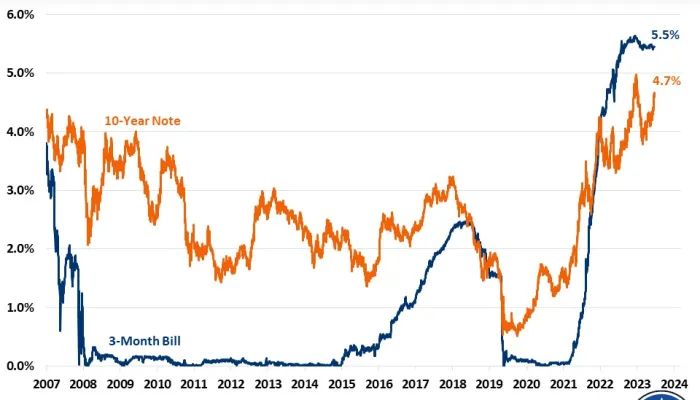Two More Members For the Announcement Effect Club
David Chavern of the Chamber of Commerce and Christina Romer, former chair of the Council of Economic Advisors (CEA), both joined the Announcement Effect Club this month. Interesting that two people on very different sides of the economic debate have something in common.
First, Romer in a New York Times article on Sunday:
Such backloaded deficit reduction would not hurt growth in the short run — and could raise it. If uncertainty about future budget policy is harming confidence, as some business leaders suggest, spelling out future spending and tax changes could be helpful. More important, showing that policy makers can come together and make essential decisions about our fiscal challenges would reassure all Americans that our economic future is better than the current grim reality.
She notes that backloaded plans have been done before with regards to Social Security and taxes, with some changes not taking effect until years or even decades (think 1983 Social Security changes) after the plans were passed.
It's also important to note that Romer makes this point in an article in which she calls for more stimulus (the title of the article is "Now Isn't the Right Time to Cut the Budget Deficit"). It cannot be stressed enough that short-term stimulus and deficit reduction are not mutually exclusive; in fact, pairing them can make each separate component more effective.
Now on to Chavern, who takes a little different approach to the AEC:
Now, imagine if you will, that we took our biggest and most politically intractable domestic problem - long term deficits and entitlement reform - and solved it! Not solved it completely or immediately, but adopted a reasoned compromise plan that gave high assurance that long-term deficits would be dramatically reduced over next several decades. All of the sudden, the future of the U.S. doesn't look so bleak. We would have a reasonable fiscal outlook (unlike Europe), a favorable demographic outlook (unlike Europe or China), some of the best creative talent and entrepreneurs in the world and continued access to tremendous natural resources. Where would you want to put your money then? Maybe, in fact, the pain of long-term deficit reduction could lead to a large short-term economic gain.
While many Club members have advocated for medium-term deficit reduction, few have put solving our long-term problem as a way to stimulate growth. Certainly it would need to be backloaded, since the twin problems of aging and health care cost growth can't be solved overnight. And as reducing medium-term deficits would reduce pessimism about the outlook of the next decade, so would alleviating our long-term imbalances reduce pessimism about the next half-century or so. Imagine: no more of those ubiquitous exponentially growing debt projection charts! Obviously, it's easier said than done.
For a full list of members in the Announcement Effect Club, see here.


